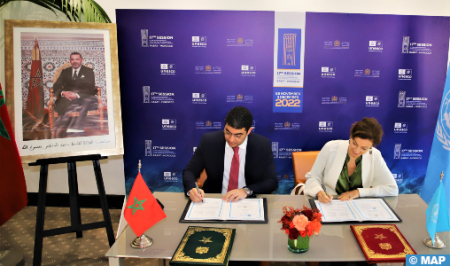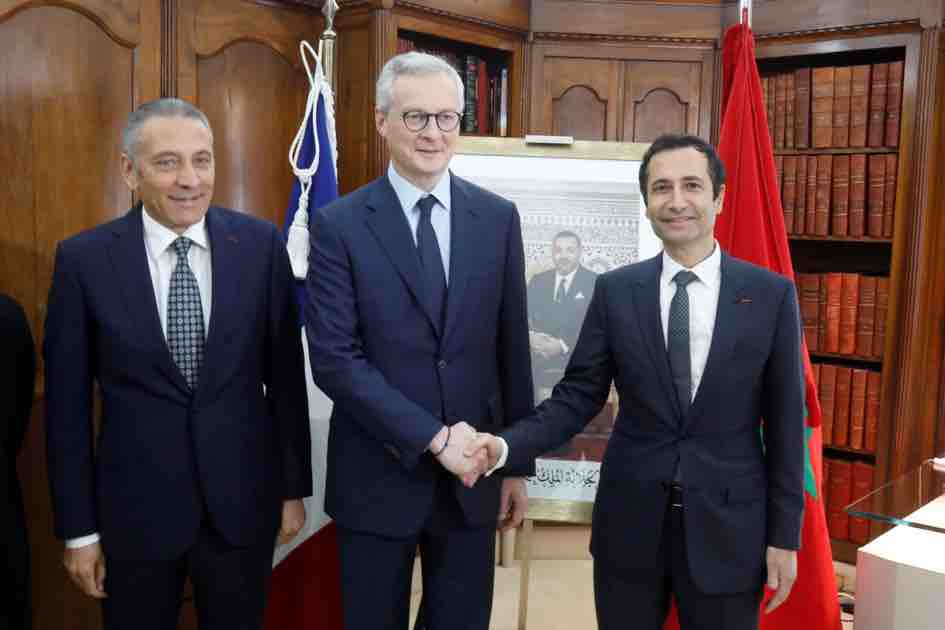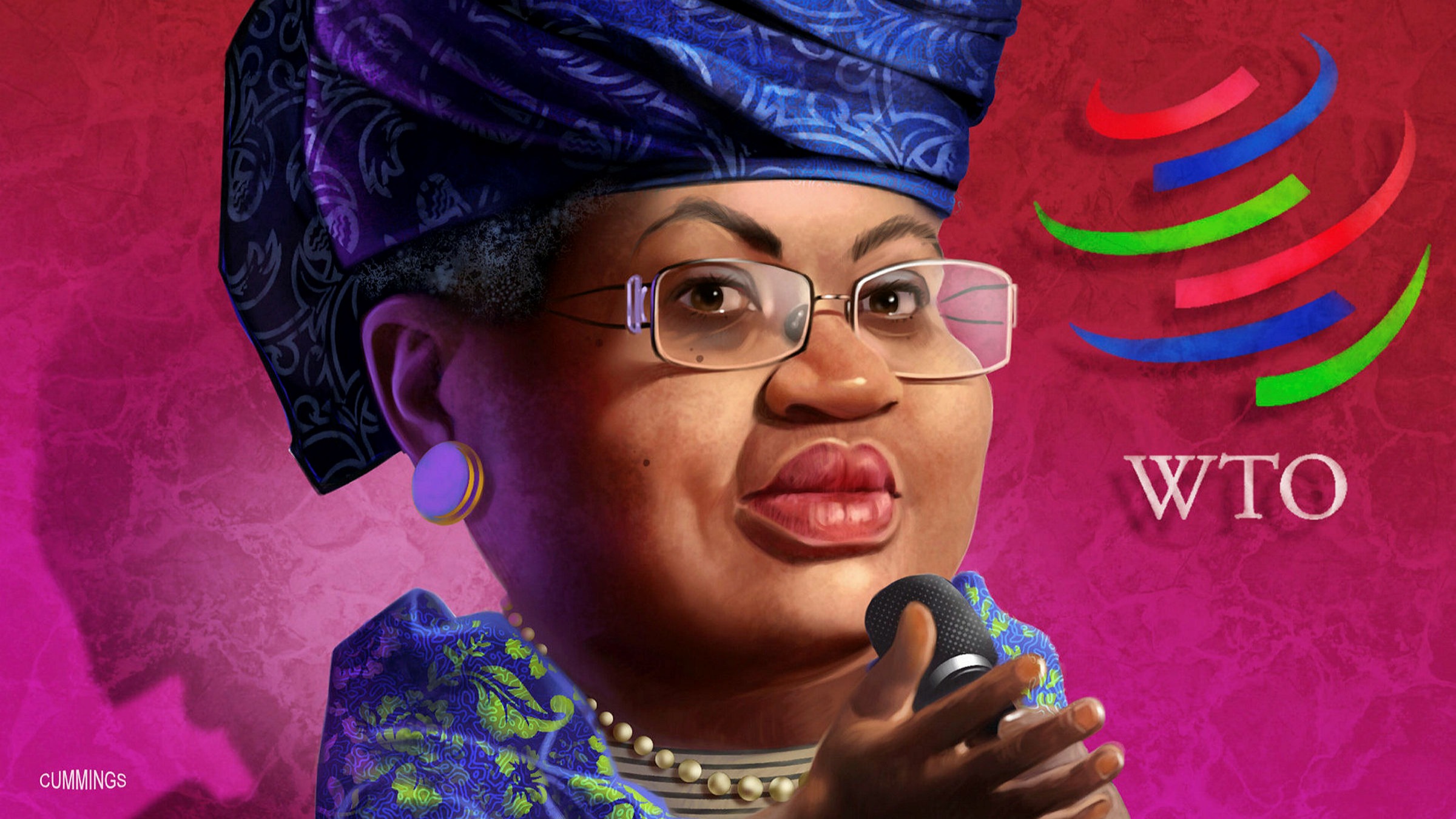Faithful to its unwavering commitment to the development of South-South cooperation, Morocco has just signed with the United Nations Educational, Scientific and Cultural Organization (UNESCO) an agreement on the safeguarding and protection of the intangible culture in Africa.
This cooperation agreement, the first of its kind, was signed this Tuesday, November 29, 2022 in Rabat by UNESCO Director-General, Audrey Azoulay, and the Minister of Youth, Culture and Communication, Mehdi Bensaïd, on the sidelines of the ongoing 17th session of the UNESCO Intergovernmental Committee for the Safeguarding of the Intangible Cultural Heritage, held in Rabat Nov.28 through Dec.3.
Under the deal, the two parties pledge to provide their “expertise” to the continent through a series of “capacity building” activities in the field of intangible cultural heritage preservation.
These include training in the processes of World Heritage inscription, the use of good conservation practices for socio-economic development and the management and conservation of sites inscribed on the World Heritage List.
The agreement also covers the fight against illicit trafficking of cultural property through the training of museum specialists in this fight as well as in the conservation of collections, the establishment of inventories and the promotion of the role of museums for societies.
In addition to capacity building, this partnership also includes a technical cooperation component with UNESCO for the implementation of short or long term missions of Moroccan experts in the beneficiary States, the organization of training sessions in public organizations in Morocco for African civil servants or technicians as well as technical seminars, in addition to the partnering countries’ participation in different national and international events organized by UNESCO.
In a statement to the press, Audrey Azoulay highlighted the importance of this partnership which aims to provide assistance to sub-Saharan African countries in terms of training of heritage experts, conservation, enhancement and registration of new sites, especially for the 12 African countries that have no site on the World Heritage List.
For his part, Bensaid welcomed the signing of this partnership with UNESCO which translates the Kingdom’s commitment and willingness to make its know-how and expertise available to the countries of the continent.
He noted that the creation of the national centre for intangible cultural heritage, announced by King Mohammed VI in his message to participants in the 17th session of the Intergovernmental Committee of UNESCO for the Safeguarding of Intangible Cultural Heritage, is part of this vision of sharing experiences.



